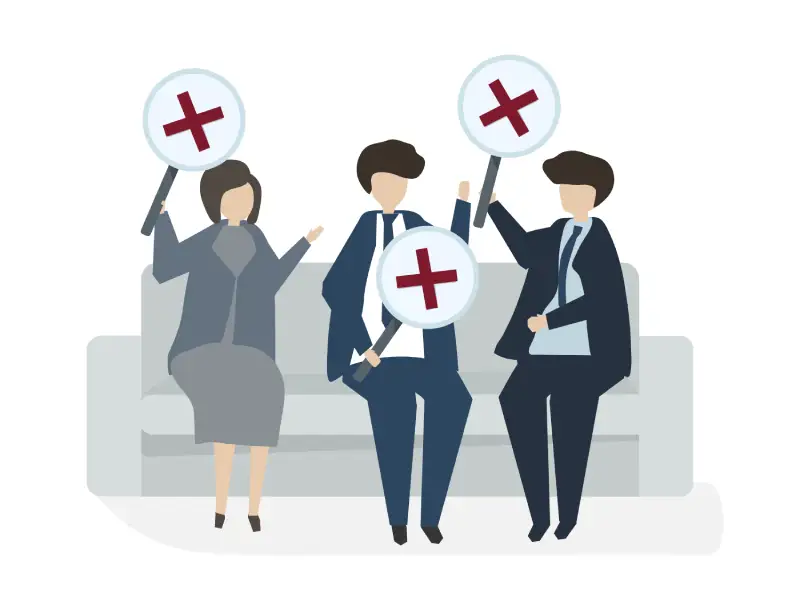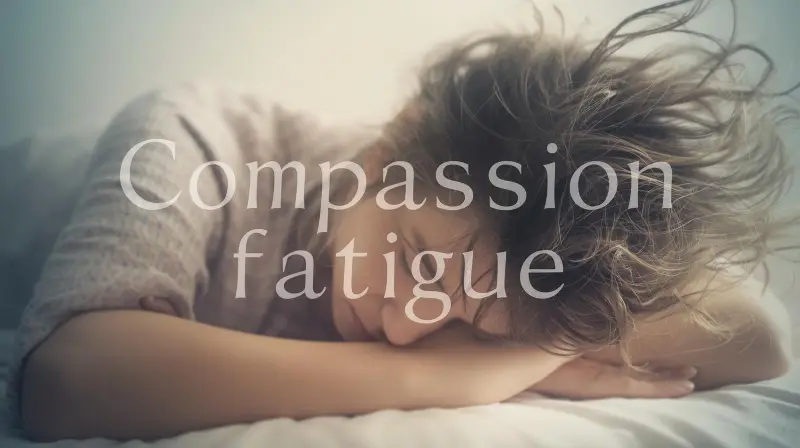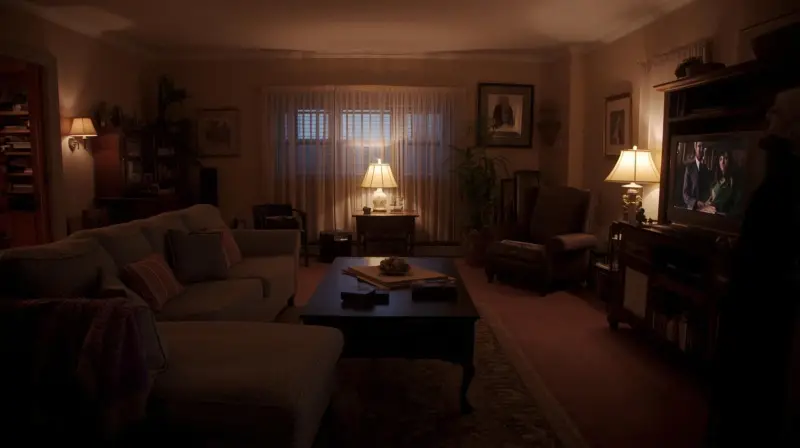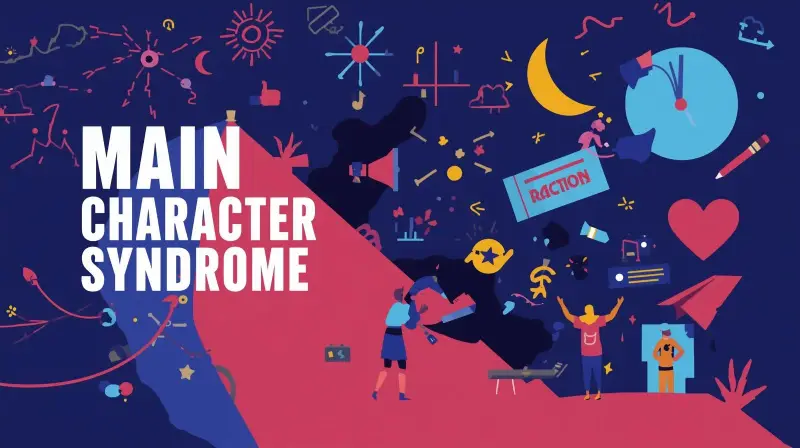People who usually have the habit of finding fault in others neglect their own flaws. Flaws are something we all carry throughout our lives. It is what makes us human; if we didn’t consist of flaws, wouldn’t we be God? When someone hears the word “flaws,” they instantly think of it as something terrible, but is it? Humans aren’t perfect, and it’s our imperfections that make us human in the first place. So, flaws aren’t something we should feel embarrassed or wrong about.
Fault finding spreads negativity not only in someone else’s life but also in your own. It can break relationships and turn you into someone you are not. So, let’s delve deeper into this topic and understand why we adopt the habit of fault finding, how does it affect us and others and what are some ways to overcome this habit and live peacefully.
ARE YOU FINDING FAULTS IN OTHERS TO FEEL GOOD ABOUT YOURSELF?

Sometimes, we constantly look out for faults in others to feel better about ourselves. Finding faults in others makes us feel better about our own flaws. But is it even healthy to do so? By judging others, we feel superior, but it only feels so in the moment, and it soon passes away and leaves us unhappy, looking out for another fault in someone else. We don’t realize when it becomes our toxic trait. We forget that humans are made up of good and bad, and you will always find out what you seek. That is all you will find when you are constantly on alert for finding flaws. But how one can find faults in someone else, someone else can also find the same in you, it’s about who chooses to let it go and focus on the good of someone. If we stop and take a moment to reflect on our own selves, we will realize that everybody is just the same. In a world where kindness is almost dying, the world won’t ever become a better place if we contribute to doing the same to someone.
Pointing out flaws in someone else might make you feel better temporarily, but as soon as it wears off, you will be unhappy again. After all, deep down, you know that you also have flaws, but we often judge others to avoid them.
“The people who actively find faults in others are the same people who are completely blind to their own” – Kristen Butler.
ARE YOU FINDING FAULT IN OTHERS AS A WAY TO COPE WITH YOUR OWN IMPERFECTIONS?

Maybe you are. Sometimes, we constantly judge others as a coping mechanism, thinking it would make us feel superior to them. But how long does it last? We often end up judging others to mask our own imperfections.
Embracing your own flaws is a liberating experience. Once you start accepting and working on your imperfections, you will realize that judging others doesn’t lead to personal growth, but self-improvement does. Life is too short to judge others and even shorter to not show kindness. Just like they say, ‘Live and let live.’
Everyone has a pet peeve, and what bothers you might not bother someone else. One of your habits could be someone else’s pet peeve. When you start looking at it this way, you’ll understand that everyone can find faults in everyone—it’s that simple. But what’s not simple is finding faults in yourself.
Sometimes, the habit of pointing out flaws is passed down from family, friends, or anyone close to you. When our loved ones constantly point out our flaws, we adopt the same habit of fault-finding. It becomes a cycle that needs to be broken, and you hold the power to break this cycle and foster a more positive environment.
Remember, it’s human to be critical of others; however, when it becomes a habit, you surround yourself with negativity and others.
IS FAULT FINDING RELATED TO UNHAPPINESS?

Most people who always find fault in others are unhappy with themselves. This affects not only you but others as well. Unhappy people are always judgmental. When they can’t make peace with their lives, they ruin others’.
Happiness is something that most of us struggle to achieve. Humans are way too complicated to hold on to happiness; we don’t look for reasons that make us happy, but instead, we are always focused on things that go wrong. Stop looking for faults in somebody and try looking for good qualities; you will realize it’s the first step towards happiness. It’s always about the way you see someone. When you surround yourself with positivity and come to acceptance with your own self, you no longer will desire to judge someone else.
If this helps, “I’m learning that it’s okay to welcome judgment with open arms, as I no longer wish to be liked by others but am learning to like myself with flaws and scars.”
IS IT IN RELATIONSHIPS THAT YOU FIND THE MOST FLAWS?

It is in relationships that our true selves often come out; when you are with someone, you get to see their good and bad sides, and that is when most relationships fail when you can’t tolerate certain habits about your partner. We need to understand that no matter who we date, this is something we will always face. Humans aren’t perfect; hence, there are no perfect relationships. Instead of judging your partner, you can always communicate and work together on each other’s weaknesses. For instance, if your partner has a habit that bothers you, you can express it in a non-judgmental way and work together to find a solution. Isn’t that what relationships mean?
Fault finding also results in losing people. Be it your friends or partner, the more you judge someone, the more they drift apart. While you enjoy it in the beginning, you’ll suffer more when you have no one left in the end. Nobody wants to be with someone who constantly criticizes them or others.
Being judgmental is an illness that spreads in your mind and starts eating you alive only later. Know when to stop. It is okay not to like somebody, but it is not okay to constantly point out their flaws. Don’t forget you carry them as well.
HOW TO STOP FINDING FAULT IN OTHERS

When you notice yourself finding a fault in someone, look for something that they are doing well. Everybody has at least one good quality; nobody is just filled with flaws. Change how you see people; you will almost always find something good in someone.
Remind yourself that you have flaws as well.
If something bothers you, try communicating it to that person instead of creating an image based on one bad habit.
Remember that it’s okay to overlook the flaws; pointing them out is not always essential.
CONCLUSION:
Having flaws doesn’t make us weak; it contributes to our growth. If humans were perfect, they would never strive for anything better. It is about what we learn from our flaws and how we improve ourselves. Pointing out flaws in others will always end up in negativity and break your bonds. If you look for flaws that is all you will find but when you start looking for good you will realize how easy it is to look for good instead of bad and the positive impact it leaves on you and the other person. Reflect on your true selves and learn to accept that you are not perfect, and nobody out there is. Everybody has their own life, and everybody deals with something or another. You have no right to judge someone else, just like nobody else has the right to judge you. Be better and different from those who constantly criticize others and enjoy it to feel better about themselves.




